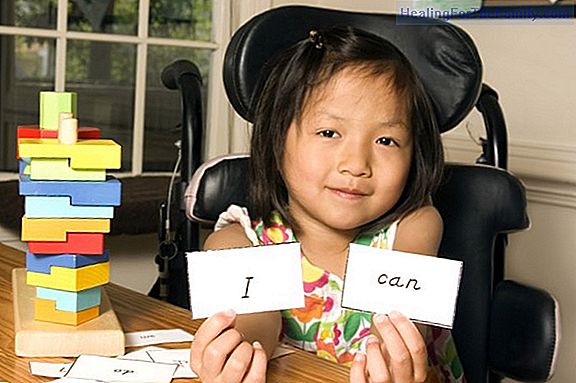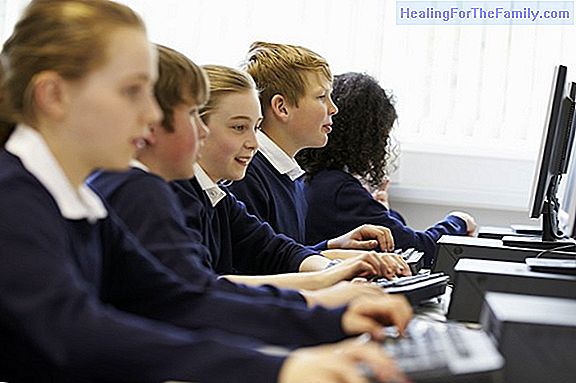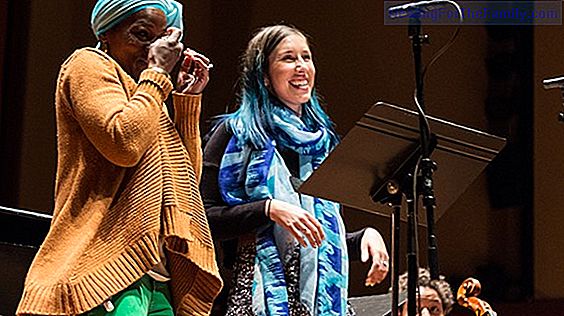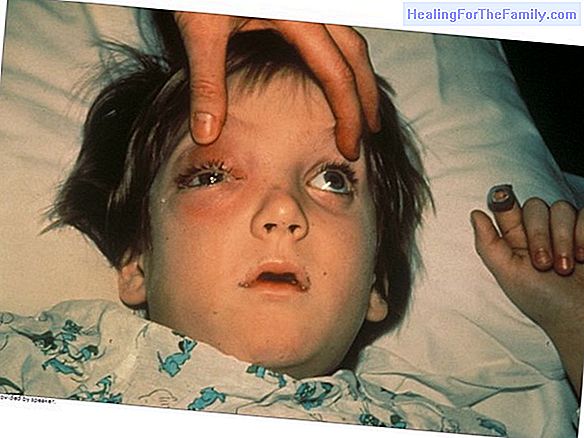Anticipatory anxiety disorder in children
Anxiety is a type of emotion that all human beings experience. Just as fear appears as a normal response to a danger or threat. The difference between fear and anxiety is that the latter appears as a response to an imagined situation , which is not happening right now, but rather something that is g
Anxiety is a type of emotion that all human beings experience. Just as fear appears as a normal response to a danger or threat.
The difference between fear and anxiety is that the latter appears as a response to an imagined situation, which is not happening right now, but rather something that is going to happen in the future and that is interpreted as a threat, which can be both physical and psychological.
As children grow up, there are times when they feel fear and perceive danger such as: darkness, monsters, etc. That suppose the first experiences of anxiety when anticipating what can happen.
What is anticipatory anxiety? Anticipa Anticipatory anxiety is not in itself an anxiety disorder, but is the most representative symptom of generalized anxiety. This "imagined" anguish is a component of the generalized anxiety disorder that occurs
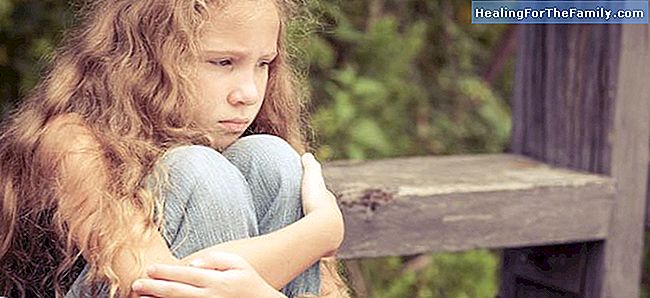
when the child has a distressing wait for what may or may not happen. By itself is capable of generating physical symptoms, palpitations, catastrophic thinking, or discomfort in children, so it can be considered as an expression in itself of the anxiety itself. Anticipatory anxiety is a process by which
the child predicts the consequences of an event and produces a behavior based on that prediction. Anticipatory anxiety has the function of activating the child in the face of threats
. A psychophysiological response occurs in the higher nervous centers that make the child presuppose reality correctly or incorrectly and how it affects them. This helps you make decisions about what you can do.In addition, anticipation has a motivational effect is a factor that regulates the behavior and emotions of children who suffer. Some factors that influence anxiety are:
-
Genetic . It seems that the presence of anxiety in the parents can affect although it has not been possible to establish completely if the transmission of the anxiety is due to genetics only or the environmental risk has an important weight.-
Temperament of the child . Children who tend to be shy in early childhood are more likely to develop anxiety.- Parenting style
. Excessive overprotection and authoritarian educational styles can contribute to the emergence of anxiety and anxiety-
Stress . Conflicts in the family, at school, economic adversity can generate feelings of insecurity and help in the appearance of anxiety.


